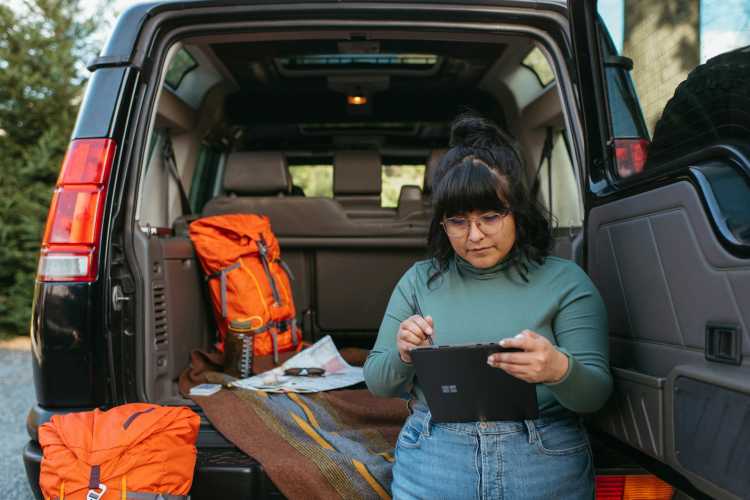Creators & Entrepreneurs
What Is a Digital Nomad? A Complete Guide + Career Options (2025)
In this article, we’ll define what a digital nomad is, walk through some pros and cons, and explore some careers.
Author
Mighty Team
Last Updated
February 6, 2025

Table of Contents
If you’re thinking about becoming a digital nomad, you’re in good company. A report from MBO Partners found that 17 million Americans have become digital nomads. They also found that 80% of digital nomads reported being highly satisfied with their work, while 24% of digital nomads report that they are traveling with their kids! AND the report found that 70 million Americans are interested in becoming digital nomads–and there’s a similar interest level in countries around the world.
In this article, we’ll give you a definition of a digital nomad, walk through some of the pros and cons of the nomadic life, and explore some careers for digital nomads. Then we’ll give you a checklist and some proven tips for making your nomadic dream a reality.

What is a digital nomad?
A digital nomad is someone who travels around the globe while working remotely. Digital nomads take advantage of the new possibilities of digital work, and often only need a laptop to earn a living. This gives them the flexibility to travel, using technology to either run a business or work for a company that has a remote work policy.
It’s not clear who coined the term digital nomad, but it was popularized in a 1997 book by Tsugio Makimoto and David Manners, who argued that new technology would allow people to return to a nomadic state and work from anywhere. This year, there were 17 million Americans who were digital nomads.
Many popular destination countries have a love-hate relationship with digital nomads. Digital nomads can have a reputation for ruining landscapes and crowding out locals. But many countries also see nomads as an opportunity to bring tourist dollars into the country and even fill labor shortages. This became even more attractive as short-term tourism collapsed during the pandemic. More and more countries are giving out “digital nomad visas”, encouraging nomads to come and stay.

Why become a digital nomad?
There are some great reasons to consider becoming a digital nomad. Of course, the first is travel! If you’ve always wanted to see the world and experience new cultures, being a digital nomad allows you to do this.
Many digital nomads also take advantage of the cost of living differences between countries. Earning a high salary in their home country and having a low cost of living in their host country/ies means that they can have more free cash.
But not everything is rosy for digital nomads. Many of them underestimate the toll that it takes to try to live abroad for long periods of time, cut off from your home support network, and in an unfamiliar culture. They may estimate costs too. While the cost of living might be lower in a host country, they’ve got to factor in flights, health insurance, and sightseeing.
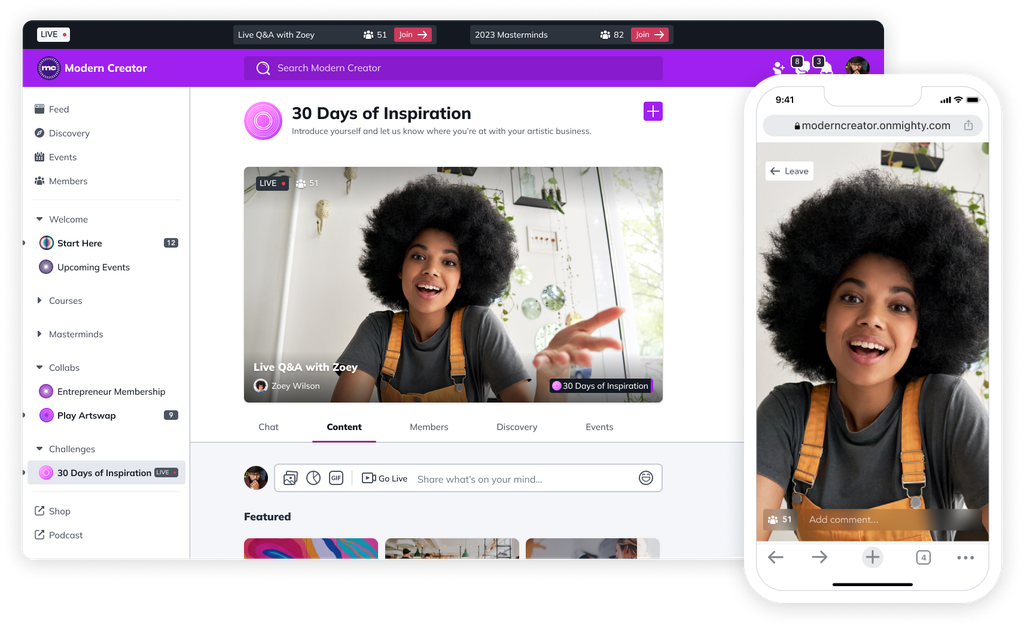
Pros and cons of being a digital nomad
Pros
Get to work from amazing, inspiring places that you love.
Save money in places with a lower cost of living than your home country (your money goes further).
Meet new friends from all over the world.
Design the life you want and live where you want.
You might experience personal growth and inspiration like you’d never have at home.
You get amazing learning opportunities from being exposed to new cultures, languages, etc.
Benefit from time differences (e.g. working later in the day and keeping mornings free).
Earn by renting out your home or apartment (if applicable).

Cons
Loneliness and isolation as it can be hard to make friends in new places.
If you lose an income source it may be hard to find another. And you might not be eligible to work in a host country.
Moving can be difficult for relationships–many nomads struggle with dating and romance.
Unexpected expenses can eat away at the savings you get from living in a cheaper place.
Time zone differences can be challenging too–especially if you’re trying to work while your team sleeps and vice versa.
Visa and legal issues can cause a lot of stress and extra expenses.
Need to make sure you’re compliant with tax laws in both your home and host countries (some countries expect nomads to pay taxes!).
Your career can be limited from afar.
If you can’t access high-speed internet it can hurt your ability to work.
There’s an environmental impact to travel and in some cases, nomads can negatively impact local populations (e.g. housing markets).

Careers for digital nomads
There are honestly so many careers for digital nomads. By 2025, 32.6 million Americans will work remotely, with 16% of companies already being totally remote. This means the possibilities for digital nomad careers are going to get better and better. If you go into an office and use a computer or phone to work, there’s a good chance your job can be done remotely.
Here are some ideas:
A community manager is someone who oversees an online community, and it’s the perfect career for remote work. The best online community platforms make it easy to run a thriving community. Whether you’re working for a brand or business, or running your own paid community, it’s an awesome career for nomads!
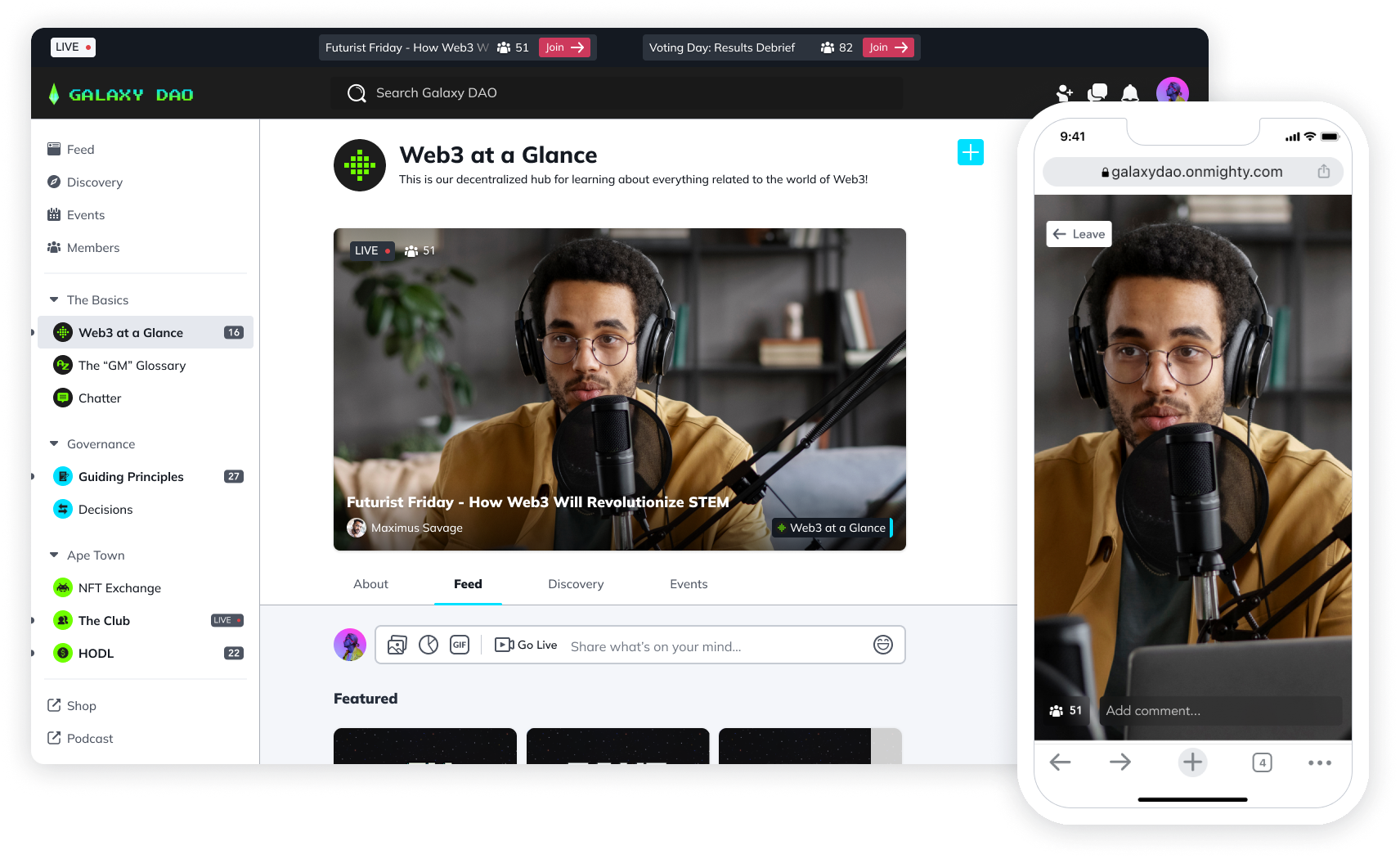
Freelance Writing: Freelance writers write for magazines and newspapers. But they also ghostwrite books for CEOs or write blogs for brands. And since writing is mostly done on one’s own, it’s a great job for a digital nomad. (Try our travel blog name generator!)
Graphic Design: Graphic designers can create the world’s greatest brands from a laptop, making it a great digital nomad career.
Online Tutoring or Teaching: The rise of e-learning makes online teaching or tutoring a real possibility for digital nomads, whether you’re teaching at a virtual college or running your own online course.

Digital Marketing: Whether you’re building Facebook ads or doing SEO, digital marketing is… digital. This makes it a great career for digital nomads.
Software Development: Software developers create programs and tools–either working for themselves or for a company. The work is done online, so it’s a great choice for remote work.
Web Development: Creating websites is a great career for digital nomads.
Virtual Assistants: Usually help leaders with administrative tasks, answering emails, posting on social, managing appointments, etc. It’s a perfect role for remote work.
Remote Customer Support: When companies do customer service online or by phone, it doesn’t usually matter where the representative lives. It could be a good career for a digital nomad.

Telemedicine: Not all health care can be done remotely, but a surprising amount can. From psychiatry and counseling to specialist consults to nursing interviews, remote healthcare positions are on the rise.
Market Researcher: If you’re working doing market research for a company, things like surveys, it could probably be remote.
Content Creator: Content creators are all over, with people creating podcasts, social media posts, YouTube videos, and more. If you make your living from content–whether working for a company or for yourself–you can probably do it remotely.
Consultant: Consulting is a big bucket, but it basically means setting up your own service business and advising and working for companies on a piecemeal basis. It’s a great career for remote work.
Professional Services: Bookkeepers, lawyers, accountants, HR, there are a ton of professional services that lend themselves well to digital nomadic life.
Service Businesses: Finally, service businesses can be great for digital nomads. Architects, Conservation scientists, engineers, etc., can be good for remote work depending on your duties.
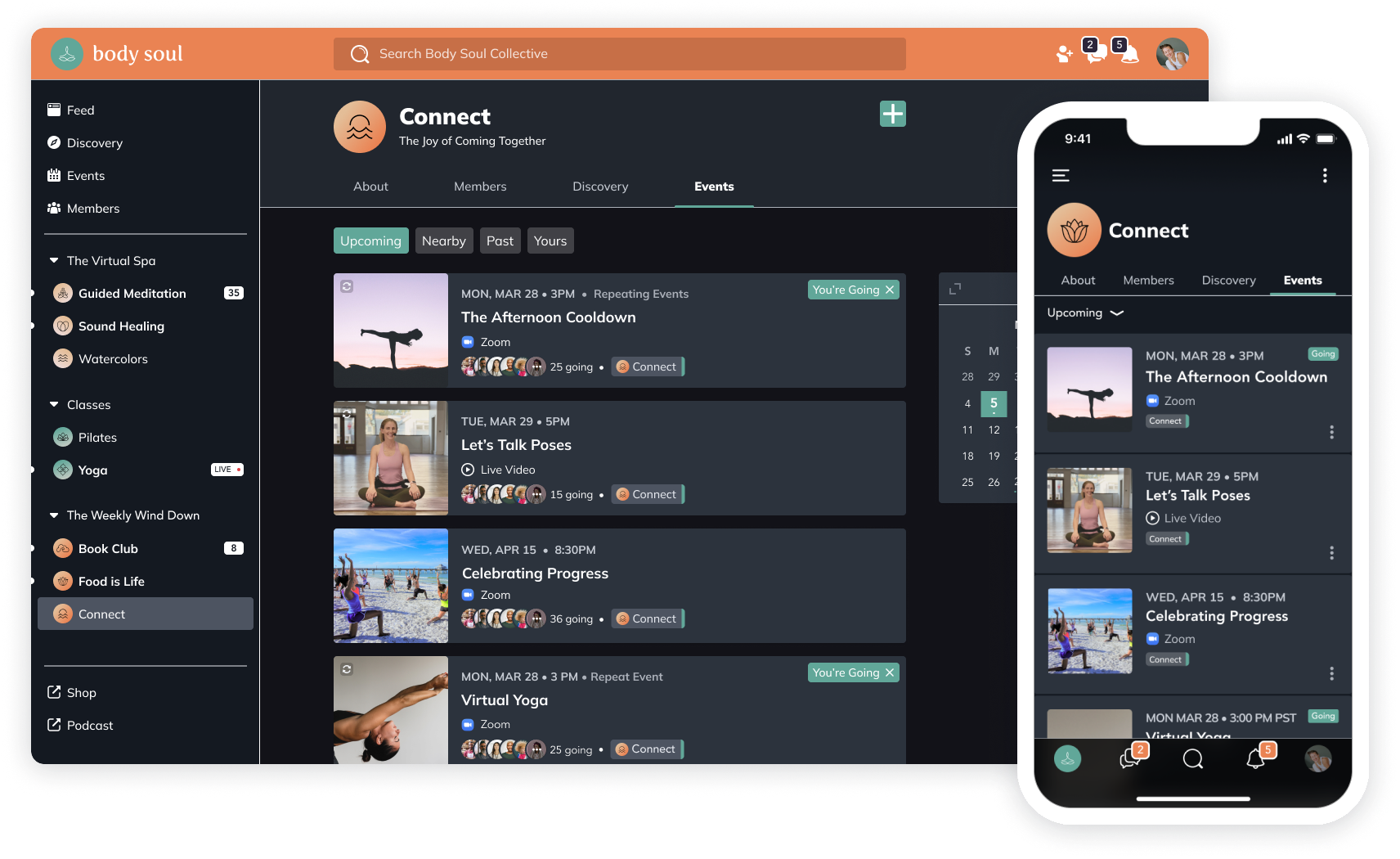
How to become a digital nomad
Find employment or income that lets you travel: The original digital nomad movement was mostly focused on digital entrepreneurs. Tim Ferriss’ famous book–The 4-Hour Workweek–stressed using technology to scale flexible businesses and use the freedom to travel (if you want). However, the rise of remote work means that becoming a digital nomad is still possible with a 9-to-5 job.
Do the planning: it's getting easier all the time, but being a digital nomad is still complicated. You have to think about finding accommodation in another country, managing visas, filing taxes, accessing your bank from abroad, and about a million other things (we’ve added a checklist below). Don’t be intimidated–people do this all the time. But do get started on your planning.
Try a test run: Before committing to being a full-time nomad, try a test drive. Spend a few weeks somewhere on a working holiday and see if it's actually going to be something you enjoy. While launching into life as a digital nomad sounds romantic, many people find that the negatives mean that it’s not for them.
Choose your travel style: Do you want to have your next year entirely planned out? Or do you want to go month-to-month wherever the wind takes you? There's no wrong answer. Planning far in advance gives you the advantage of having more accommodations to choose from and cheaper flights, but it limits your ability to be spontaneous. Going without a plan means being spontaneous, but some of your options will be limited by the flights and accommodations that are available. Most nomads do better with at least a loose plan, and planning is part of the fun!
Pack and go! While becoming a digital nomad seems overwhelming, at the end of the day you’re just getting on a plan and going to do life somewhere else. Resist the urge to overpack (you’ll be thankful you don’t have too much to carry). And start the adventure!

Digital nomad checklist
There are many things to think about from becoming a digital nomad. Here are some of the tips we’ve gathered from people who have done it:
Check your tech and software: Bring your laptop, relevant tech you need to do your job, and don't forget electrical adapters for countries you'll visit. Remember that you can buy or rent technical equipment in most countries too. For example, if you like to work on a second monitor, it might be something you can easily find when you arrive.
Backups for 2-factor identifications: Over the last 5 years, 2-factor identifications have become necessary to log into everything. And if you normally get a text on your phone–and you don’t have it–life gets more complicated. Set up backups for all of your important logons. For anything Google-related, you can use Google authenticator app. Otherwise, think about how you’ll; log into your bank accounts, tax software, etc.
Figure out taxes: Plan for how to pay and file taxes from abroad (if applicable).
Get an up-to-date passport: Get your passport and any other papers you’ll need. Remember that some countries can refuse to grant a visa if your passport expires within 6 months, so make sure you have lots of calendar room.
Get medical insurance: Things happen. Make sure you're covered. Your existing insurance might cover some things, but most digital nomads need to purchase extra travel medical insurance.
Check your visa requirements: If you are from the US, you can go to most countries without applying for a visa, unless you’re staying for a long time. If you’re planning a long-stay, you might need to apply for the right visa at an embassy or consulate before you go. If this is the case, start early to give yourself lots of time.
Check work requirements: Are you allowed to work in your nomad country? Will they try to tax your income? Each country has its own rules, and it can be tricky to navigate. Check with digital nomad blogs and forums, as well as official government websites. Some may be okay with you earning income as long as it's not within the country. If you work for a company that has offices in other countries, you might be able to arrange a working experience with them
Book plane/train tickets & a place to stay: Platforms like Airbnb can be good for this, but there are new ones all the time. For example, Berlin startup Habyt promises monthly rentals. Apps like Hopper can track airfare and give you tips on when to book for the lowest prices.

Tips for successfully becoming a digital nomad
Stay a while: Jumping from place to place every other day makes it really hard to be productive–not to mention takes a toll on your finances. Experienced nomads know that it’s worth staying in one place for weeks and even months at a time to establish a routine and save money. For example, Airbnb has discounts for monthly bookings that can put the cost of nomad living in line with or cheaper than rent in any city in the U.S.
Find a work schedule that works: It can be hard to be productive on the road. Make sure to develop a work schedule that works for you.
Be in tune with cultural differences: Nomads get a lot of surprises when they try to do things like they would in their home countries. For example, many places don’t just let you set up your laptop in a cafe to work (or if they do they don’t have wifi). You’ll need to adapt your life in some ways to the culture you’re in.

Find community: Ask digital nomads what gets to them and they’ll tell you: the loneliness. Find ways to plug into communities wherever you are, whether it’s a local nomad gathering or an online community. (Staying in one place longer can also help you form more meaningful connections).
Start small: Before committing to a 3-year trip around the world, start small. Try a few weeks or a month working in another place. You might find that you don't enjoy it, or maybe it will be harder to work remotely than you think. Ease yourself in.
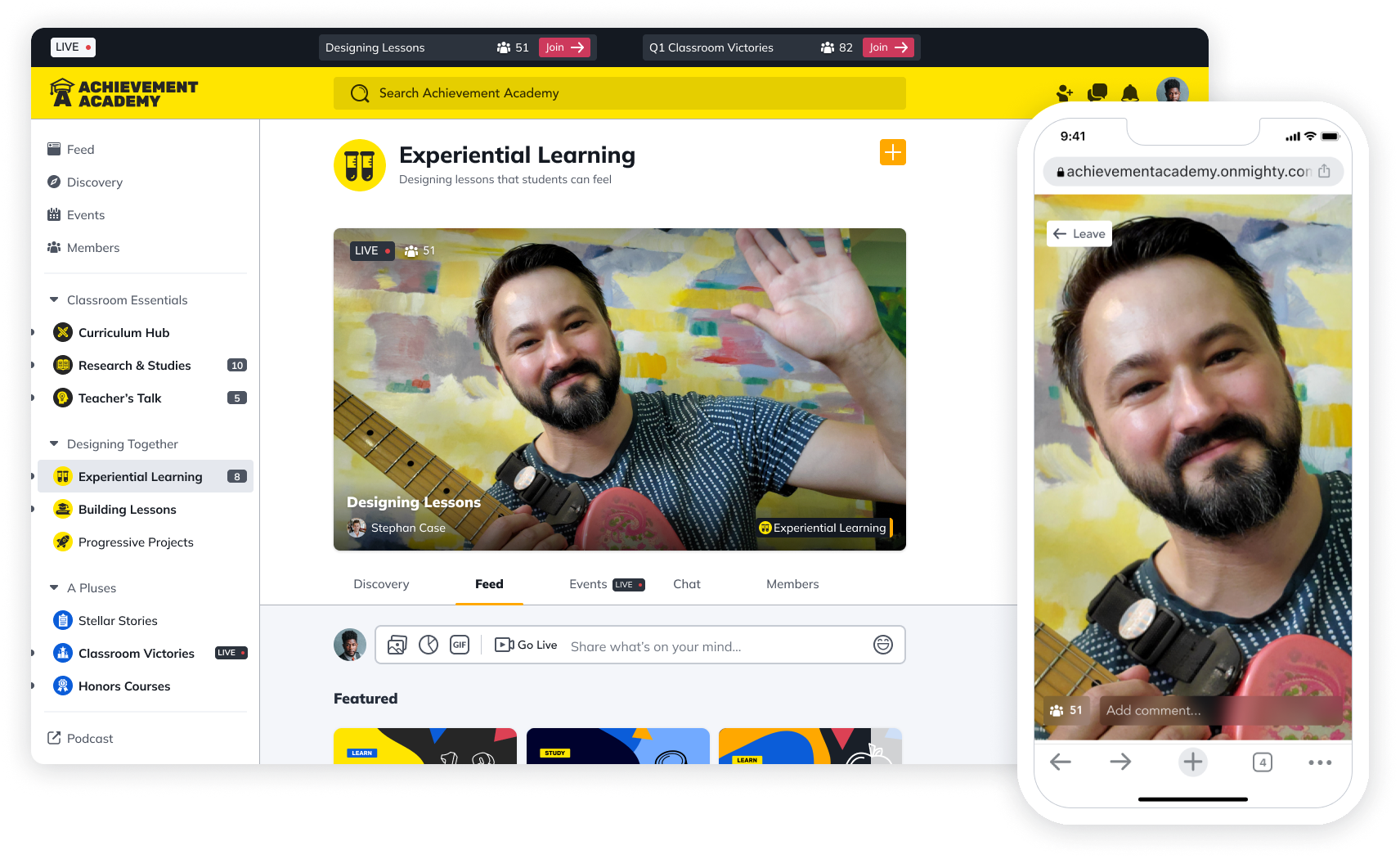
Get going!
We hope these tips have inspired you to launch your own digital nomad adventure! While it can be daunting, the growing popularity of being a digital nomad and the stories from hundreds of nomads who love the experience suggests it’s at least worth a try!
If you want a great business for digital nomads, come build on Mighty! You can launch a member-led business made up of community, courses, coaching, live events, and/or premium groups.
It’s the perfect place to build a business flexible enough to travel with you! Try it free for 14 days–no credit card required.
Ready to start building your community?
Start a free 14-day trial to explore Mighty—no credit card required.
More like this
Join Mighty Community
Learn the principles of Community Design™ (and see them in action) alongside thousands of creators and entrepreneurs. It's free to join!

Online Courses
Creating a Course
Teaching a Course
Course Platforms
Selling a Course
Communities & Memberships
Community Platforms
Managing a Community
Building a Community
Growing a Community
Monetizing a Community
Content Creation
Creators & Entrepreneurs
Monetization
Content Creation
Starting a Business
Website Builders
Creating & Managing a Website
Events
Event Platforms
Hosting & Marketing Events
Branded Apps
Creating a Mobile App
Coaching Apps
Community Apps
Coaching
Mastermind Groups
Starting a Coaching Business
Coaching Platforms
Filter by Category
Online Courses
Communities & Memberships
Creators & Entrepreneurs
Events
Branded Apps
Coaching
Start your free trial
14 Days. No Credit Card Required.




















